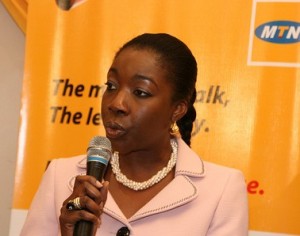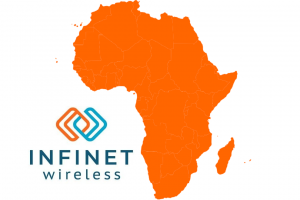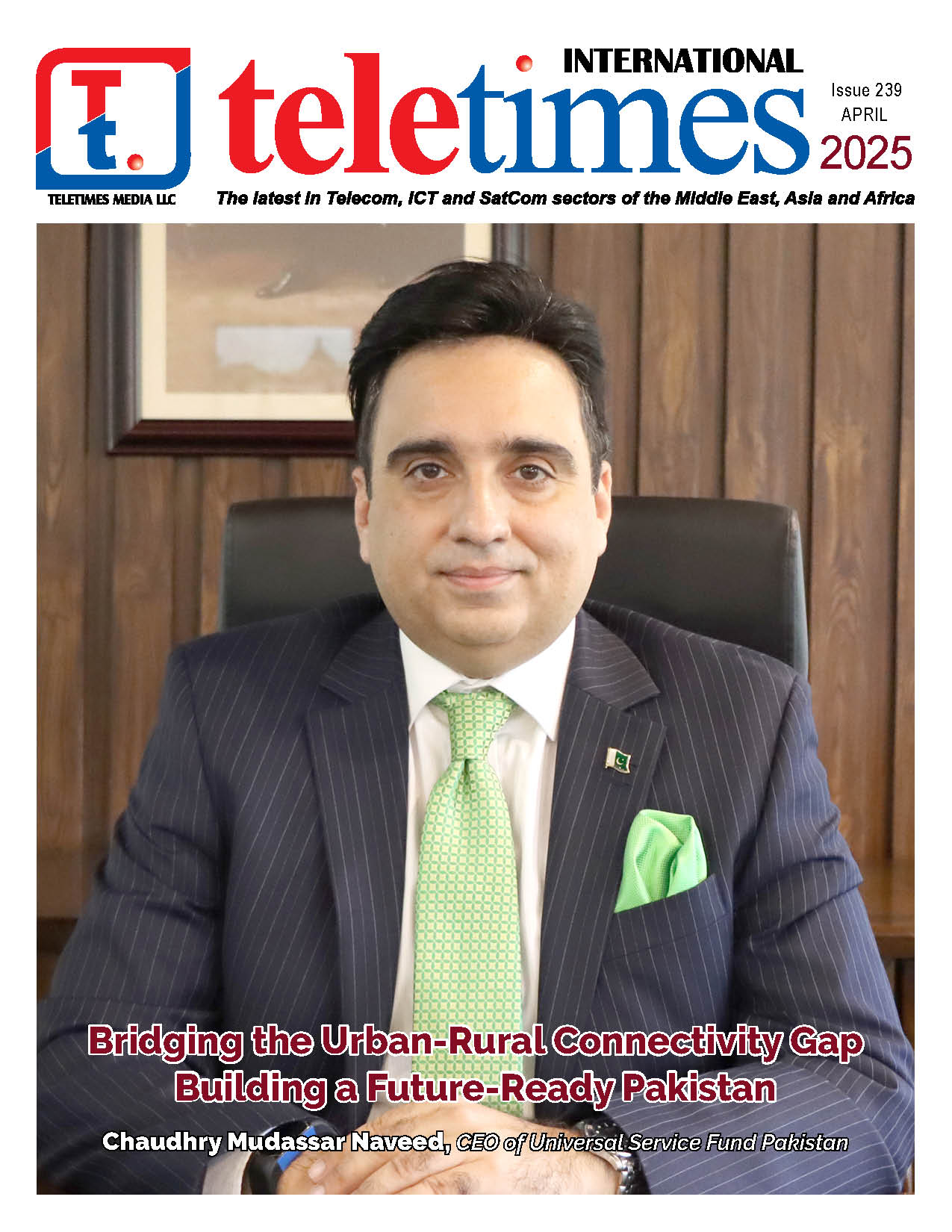Nigeria: Ten years down the line that the global system for mobile communication,GSM came to the country,rather than customers to enjoy a robust better quality of service both in voice and data,the reverse has been the case.In this report, BISI OLALEYE scans the challenges why telecoms growth may remain stunted.
It is no longer a rumour that the telecommunication operators spring may just be round the block,if necessary cautionary steps are not taken by relevant agencies,ministries and government to avert this situation.
For ten years, the public expect better service delivery from all the telecoms companies but it appeared that the longings are mere
wishes that may never materialise. Not necessarily because the operators are culpable but because of several Nigerian factors.
How do you explain over congested data and call drops that are not the case in other climes?. The reasons, Daily Sun gathered are not far fetched because it ranges from intentional fibre cuts, vandalisation of telecoms infrastructure,multiple taxation and frivolous levies to sabotage.
For instance,the National Environmental Standards Regulation and Environment Agency (NESREA) sealed off a mast belonging to Globacom at the weekend, saying “it violated environmental laws” in Ilorin. This of course, would have adverse effect on subscribers in that route.
NESREA claimed that the telecoms operator’s action “violated the environmental impact assessment act of 1992 which says that before any project is sited at all an environmental impact assessment (EIA) must be carried out.”
 At a one day capacity training organised for journalists in Lagos at the weekend, Mrs. Funmi Omogbenigun,General Manager,MTN Nigeria,Corporate Communications noted that MTN is the most vulnerable to fibre cut because it exprienced 70 fibre cuts per day from the companys over 2,000 fibre network. Noting that all the fibres are buried six feet in the ground ,yet the people who vandalize it know how and where to cut thereby disrupting servises. But not without pointing out that MTN fibres are usually self healing to redirect traffic.
At a one day capacity training organised for journalists in Lagos at the weekend, Mrs. Funmi Omogbenigun,General Manager,MTN Nigeria,Corporate Communications noted that MTN is the most vulnerable to fibre cut because it exprienced 70 fibre cuts per day from the companys over 2,000 fibre network. Noting that all the fibres are buried six feet in the ground ,yet the people who vandalize it know how and where to cut thereby disrupting servises. But not without pointing out that MTN fibres are usually self healing to redirect traffic.
Meanwhile Vice chairman of the industry working group, WG inauguated in January, 2012 by the telecoms regulator, Nigerian Communications Commission (NCC) IWG, and Senior Executive with MTN Nigeria, Mrs. Oyeronke Oyetunde, noted that Nigeria has less than 20,000 BTS, while other climes have over 70,000.
This she noted has boosted the value of mobile communication and broadband services in advanced countries.
She explained that a situation where a local government authority is demanding about N10million on each site from telecoms operators for building base stations in their vicinity, apart from other levies the operators have to contend with at the state and federal levels, would hinder operators in providing quality telecoms services to the generality of Nigerians, irrespective of their locations.
The chairman of the IWG and Executive Commissioner, Stakeholders Management at NCC, Mr. Okey Itanyi, said that multiple taxation portends a grave danger for the telecoms industry if not quickly addressed. “The country may lose the gains and confidence achieved so far in the last couple of years.
The industry still requires investments in network infrastructure to ensure full access across the country, and to guarantee good and acceptable quality of service which has become a major challenge,” he said.
According to IWG over N10 billion annual multiple taxations were levied telecoms operators by local, state and federal governments and their agencies,thereby threatening the survival of the telecom sector as investors may be pushed to divest from the sector which may in turn aggravate the quality on networks.
About eight states and their local governments have issued notices to telecom operators to pay taxes and levies exceeding N10 billion annually.
Airtel is far worst hit with multiple taxations, maybe because the owners are Indians. This company has to cough out several millions for pest control in Imo State and other frivoluos levies in other states.
Omogbenigun appealed that government should fast track the issuances of rights of way, ROW and permits as well as eliminate multiple taxation and all forms of illegal fees.
“We will pay legal taxes and levies.Government should pass into law telecoms equipment as critical national infrastructure, we need such protection.
“In some states ROW has become an extortion of some sorts and MTN has invested over $1.3billion in network expansion,therefore,we need the states to cooperate with us and customers to understand when our fibres have been sabotaged or vandalised”. Adding that out of the 20,000 base stations currently in the country, MTN owns seven thousand and still plans to build more for better service delivery only if the government is willing to look at telcos dilema.
May 7, 2025











